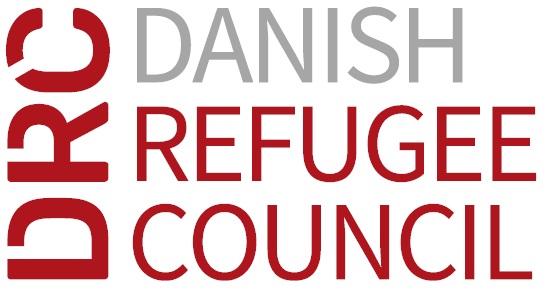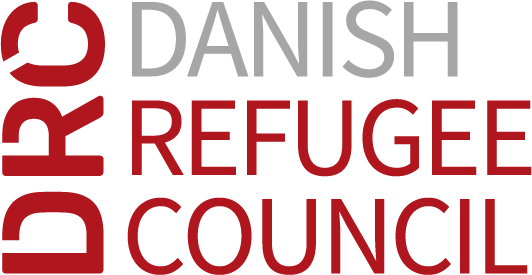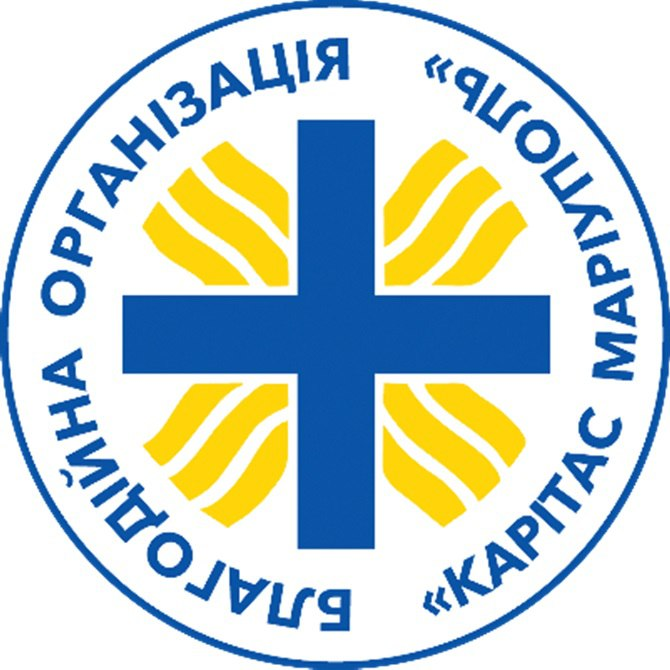What are the main stages of registration of children in educational institutions in Belgium?
Pre-school education
The specifics of the organisation of education and the language of instruction depend on the region of the country where you live.
There is no such thing as a kindergarten in Belgium.
Instead, there are preschool classes for children aged 2.5 to 5 years.
Ukrainians who are under temporary protection in Belgium can find information on how to apply for a place in a preschool by following the link.
The website provides a detailed overview of the application procedure for preschools in Brussels that provide education in French and Dutch.
As a rule, priority pupils are registered by telephone first for French-medium preschools. Then, non-priority students (e.g., those who do not have a sibling in the preschool) are registered by (i) telephone or (ii) registration in the IRISbox. The last step involves sending requests to the institution for late registration.
There are two stages to registering for a Dutch-medium preschool. First, parents enrol the siblings of registered students in the school. Then the parents have to register the child on the external website Inschrijven in Brussels.
You can find a preschool by following the link.
Preschool education in Belgium is free of charge.
Most pre-schools are attached to a primary school, so children can go straight to primary school within the same educational institution after finishing pre-school.
School education
School education in Belgium is divided into:
- primary school: for children from 6 to 11 years old;
- secondary school: for children aged 12 to 18.
The school is free of charge.
To learn different foreign languages, you can choose one of the European and International Schools in Brussels. There are also schools in (i) Flanders and (ii) Wallonia. For more information, please follow the link.
As an example, you can follow the link and choose where you want to send your child in a particular international school: (i) pre-school, (ii) primary or (iii) secondary school.
You can contact your municipality for assistance in enrolling your child in a school.
To enrol your child, you have to go with him/her to the school of your choice. To register at the school, you should bring your child's identity documents: (i) birth certificate, (ii) passport.
If the school cannot register your child due to lack of places, it is obliged to provide you with a certificate of registration.
It is also worth noting that if you have chosen a school that provides education in French or Dutch, the registration procedure may differ. You will need to register on the website and/or fill in the registration form issued by the school. You can find the specifics by following the link.
You can find a primary school by following the link and a secondary school here.
You can contact the Walloon Federation's Enrolment Assistance Service on 02 690 87 70 for help in finding a school.
Belgium also has inclusive education for children with special educational needs.
Enrolment in special education is based on a report indicating the level and type of education that meets the student's needs, consisting of (i) a certificate and (ii) an accompanying protocol.
The certificate is issued by (i) the psycho-medical-social centre (PMS Centre) of the primary school or (ii) any organisation approved and recognised by the French community. In some cases, the certificate can also be established based on a medical examination conducted by a specialist doctor.
In exceptional circumstances, a student with special needs may be enrolled directly in a special school, subject to an assessment by a PMS centre.
A list of PMS centres you can find by following the link.
You can contact the Walloon-Brussels Federation's enrolment assistance service at 02 690 87 70 for help in finding a special school.
Language courses
The official languages in Belgium are French, Dutch, and German (only in one small region in the east of Wallonia).
Most universities in Belgium have language centres where you can learn (i) French or (ii) Dutch as a foreign language.
Social welfare institutes also offer a number of courses with classes at various times of the day. A lot of schools and universities in Belgium offer English language courses.
In addition, the Brussels-Capital Region offers many opportunities to learn languages all year round. These courses are organised by municipalities, BECI (Brussels Chamber of Commerce and Enterprise), organisations supported by the French and Flemish communities or private institutions.
Among the useful websites for free language learning are:
- аgentschap Integratie en Inburgering;
- commissioner.brussels;
- vlaanderen;
- berlitz;
- italki;
- languatalk;
- LSI education;
- preply;
- university of Groningen.
You can also use this link to (i) select a language school from the list or (ii) search for one using the interactive map.
Children arriving in Belgium can take part in a language programme at a local public school before starting regular school. The programmes depend on the age of the child and the school.
For more information, please follow the link.
A large number of community centres and some local religious organisations offer free language courses for adults, aimed at developing conversational skills and expanding the vocabulary needed for everyday life. Registered job seekers in the Brussels-Capital Region can also apply for (i) free courses or (ii) discounted courses.
For more details, please follow the link.
You can also find apps to help you learn languages by following the link.
For more information on learning languages in Belgium, please follow the link.
Vocational education
There are no restrictions on any categories of people in relation to vocational training in Belgium.
Each region of Belgium has an organisation responsible for implementing vocational training policy: Forem, and its specialised branch Forem Formation, as well as the Institute for French-speaking Vocational Training in Brussels (IBFFP), better known as Bruxelles Formation.
The courses taught at Forem and Bruxelles Formation are aimed at improving the professional qualifications of job seekers and employees. Depending on the needs, they consist of either a training or a refresher programme and cover a wide range of professions in a large number of sectors.
In the Walloon region, the IFAPME training network also organises continuing education for the self-employed and SMEs through training centres.
In Flanders, a distinction is made between adult education and adult training. Adult training is a broader concept than adult education and includes all forms of non-formal adult learning alongside formal training programmes. It includes programmes offered by the adult education sector, as well as programmes organised by the Flemish Employment and Vocational Training Service, the Flemish Entrepreneurial Training Agency, employment sectors, socio-cultural organisations, private institutions, etc.
Adult education is offered in the form of modules. The subject material is divided into a number of certified modules. Several modules together make up a programme.
The Adult Basic Education Centre (ABEC) or Adult Education Centre (AEC) can distribute a module over a part of the academic year, over the whole academic year or over several academic years.
To find a job or learn a new profession in Flanders, please follow the link. You can also call the contact centre on 0800 30 70.
To find a job or training in Wallonia, we recommend contacting the regional centre le Form. Here you can register (i) on the official website or (ii) get information support by calling 0800/93 947.
For those living in Brussels, we recommend contacting Bruxelles Formations. The organisation offers a standardised training and internship programme. Upon completion of the training, you will receive a certificate.
In addition, IFAPME offers many digital professions, which you can find by following the link.
You can (i) find current vacancies and (ii) find further education courses here.
You can also find vacancies here:




